TLDR & TLDL: Well…that escalated. We’re all now in level four lockdown for at least three days after the discovery of a single Covid-19 case in Auckland was announced yesterday afternoon.
Four more cases in Auckland were disclosed this morning by the Prime Minister, including one hospital worker. Auckland’s lockdown is scheduled for seven days, but now seems set to be longer.
This all means most local economists now expect the Reserve Bank to hold its Official Cash Rate at 0.25% when it releases its full August Monetary Policy Statement at 2pm. It’s unclear if the news conference scheduled for 3pm will go ahead in person. Before the delta news, economists and markets had expected either a 25 basis point or 50 basis point hike to contain inflationary pressures, which would have been the central bank’s first hike in seven years and the first by a developed country since the onset of Covid.
Here’s the key details from over the last 18 hours or so:
A 58 year-old Devonport man visited his GP on Monday and tested positive for Covid-19 yesterday morning. The Government was informed around midday and announced the lockdown around 6.20 pm in a news conference I attended.
The Ministry of Health reported the man was infectious from last Thursday and that he and his vaccinated partner travelled to Coromandel and back over the weekend.
They visited 15 locations of interest by Monday afternoon, including the Star and Garter Hotel in Coromandel for what appeared to be a session with 70 other people watching the All Blacks vs Wallabies game on Saturday night.
The PM said this morning he was a tradesperson and had also visited seven private homes over the period he was infectious.
The PM and Ashley Bloomfield announced last night the whole country would be put into a level four lockdown at midnight last night for three days, while Auckland and Coromandel would have a seven day lockdown at level four.
They described the delta variant as a game-changer and that New Zealand had learned from the Australian and other experiences, and therefore was locking down extra hard and early to get ahead of transmission, given the variant is twice as infectious as the orginal Covid strain and more likely to lead to hospitalisation for unvaccinated people, including children.
Grant Robertson announced the move straight to level four had triggered the opening nationwide of the wage subsidy scheme ($600 per week per FTE) from Friday, with an immediate two week lump sum payment. Recipients have to show the lockdown had reduced their income by at least 40%.
The Resurgence Support Payment scheme for one-off costs was also triggered. It allows firms with at least 30% revenue loss to apply for a lump sum of $1500 plus $400 per full-time equivalent employee, up to a maximum of 50 full-time employees (so up to a total of $21,500).
The Leave Support Scheme and the Short-Term Absence Payment Scheme will also be made available, with more details here.
Grant Robertson said the Governmet still had $1b left over from the allocation for the various income support schemes, along with a further $5b left in the Covid Relief and Recovery Fund created in Budget 2020.
Robertson said in the news conference he didn’t expect the Government would have to do more borrowing than already scheduled, given the relative health of the Government’s cash position.
He said Treasury advised every week at level four would reduce GDP by $1.5b, while a week at level three would reduce GDP by $920m a week.
The PM told RNZ this morning four more positive tests were found overnight, including an Auckland Hospital nurse.
She also confirmed the original case (the Devonport man) has the delta variant.
So what now? The New Zealand dollar fell more than a cent or 1.7% overnight to barely above 69 USc as financial markets halved their expectations for a rate hike to 19 bps of hikes by the end of trade yesterday.
Economists for Westpac and ASB said they now expected the Reserve Bank to hold this afternoon. BNZ’s economists said in their morning note the decision was now a ‘coin toss’, while ANZ stuck with it’s call for a 25 bps rate hike. ANZ actually increased its retail interest rates yesterday before the Covid-19 case news.
“I expect the RBNZ to pause – particularly given the added cases – and with the govt adding financial support it is counter intuitive to hike right now. Assuming the lockdown is relatively short, we’d expect the RBNZ to lift the OCR from October” ASB’s Nick Tuffley.
My view: I always thought a rate hike today would have been premature, given the rest of the world’s concerns about inflation are ebbing away as fast as the delta outbreaks spread in Europe, Asia, America and Australia. In particular, there are reports of delta outbreaks in Chinese cities. The world’s third largest container port at Ningbo has been closed for seven days now and that is already cascading through the global supply system into delays, cancelled port visits and higher shipping rates.
I think the Reserve Bank should respond to continued double-digit house price inflation with tougher lending rules for banks lending to home owners buying already-built homes. It should be ensuring any new credit is going to new builds.
The Government should be stepping up with much more fiscal policy loosening to ensure a flood of new, climate friendly houses and infrastructure drives down prices over the next couple of decades.
Both the Government and the Reserve Bank also need to revisit their plans for what to do if they need to print money again. The best way to generate inflation and activity in the event of a lockdown is equal cash grants to all residents. More bond buying simply increases the wealth of the already wealthy and parks the cash back in bank accounts.
Scoops and news breaking this morning



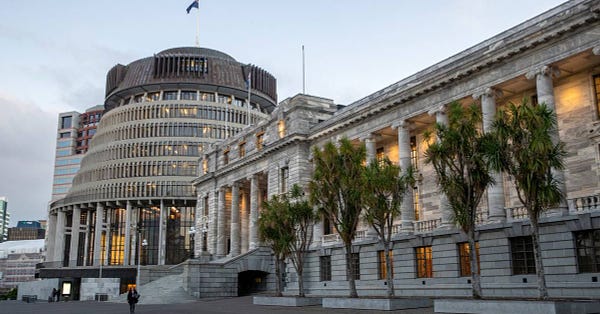
Signs o’ the times news

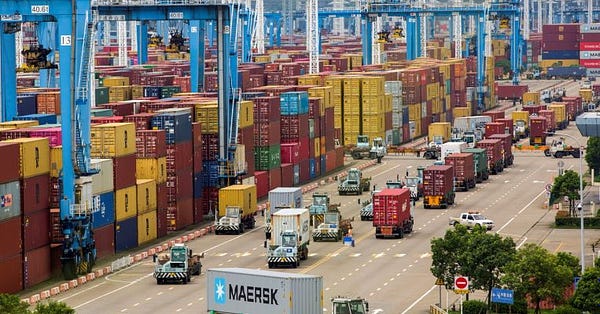






Useful longer reads



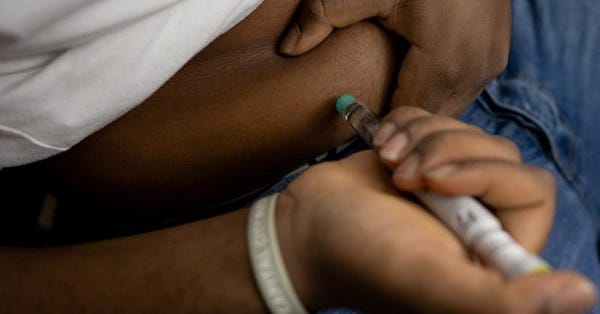


Some fun things




Ka kite ano
Bernard

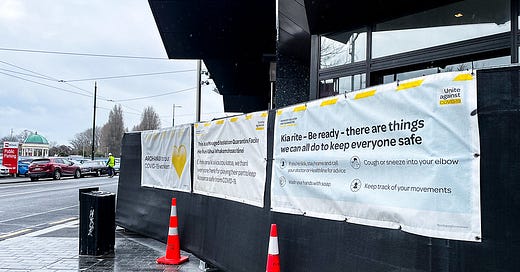




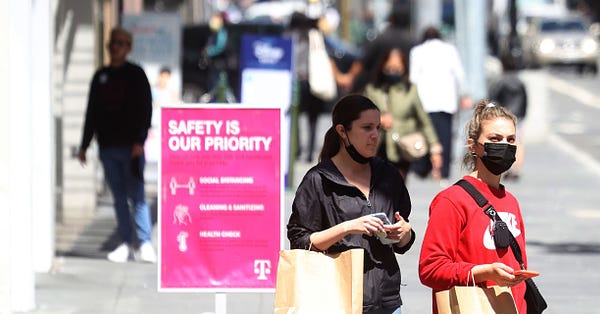









Share this post